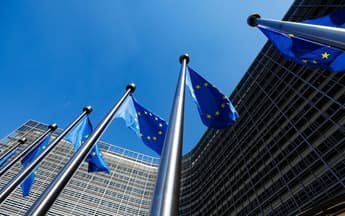A recent EU report has revealed that Europe is facing a significant shortfall in achieving its 2030 hydrogen production and electrolyser capacity targets, with a gap of up to 12.8 million tonnes.
The EU has set an ambitious target of consuming 20 million tonnes of renewable hydrogen by 2030, but current consumption stands at just 7.2 million tonnes—99.7% of which is derived from fossil fuels, according to a report by the EU Agency for the Cooperation of Energy Regulators (ACER).
With just 216 MW of installed electrolyser capacity as of 2023, the report warns that EU Member States are “likely to miss” the over 100GW required to achieve the domestic target of producing 10 million tonnes of renewable hydrogen.
... to continue reading you must be subscribed






